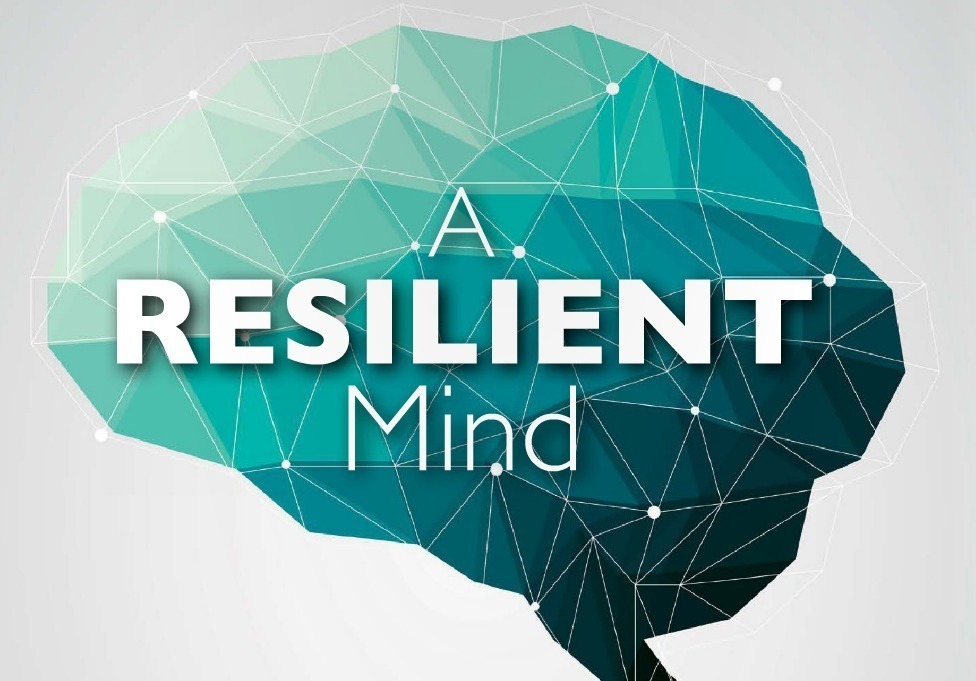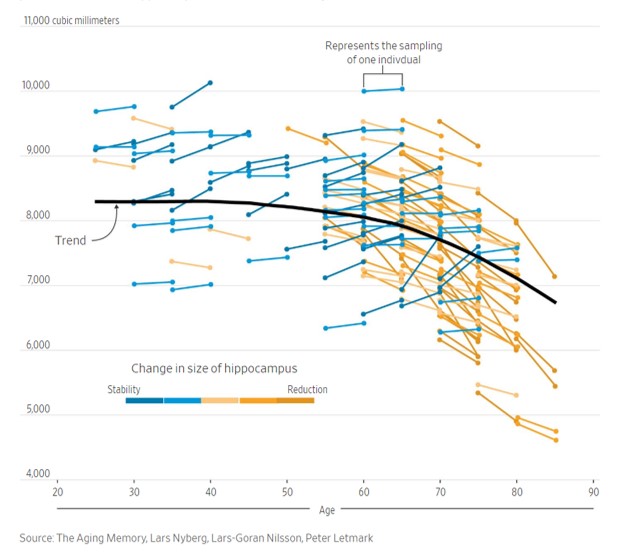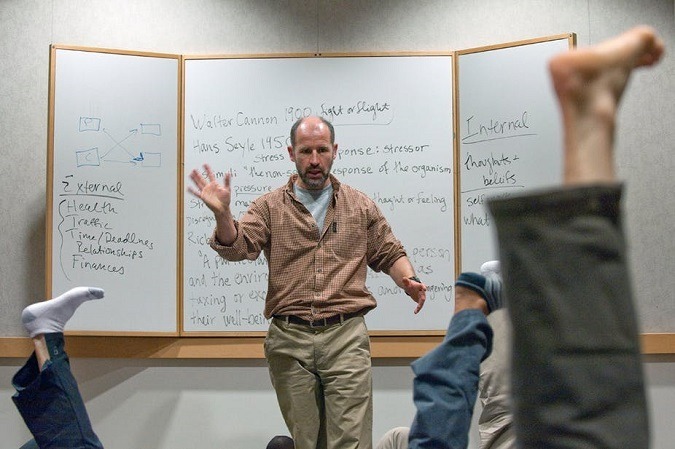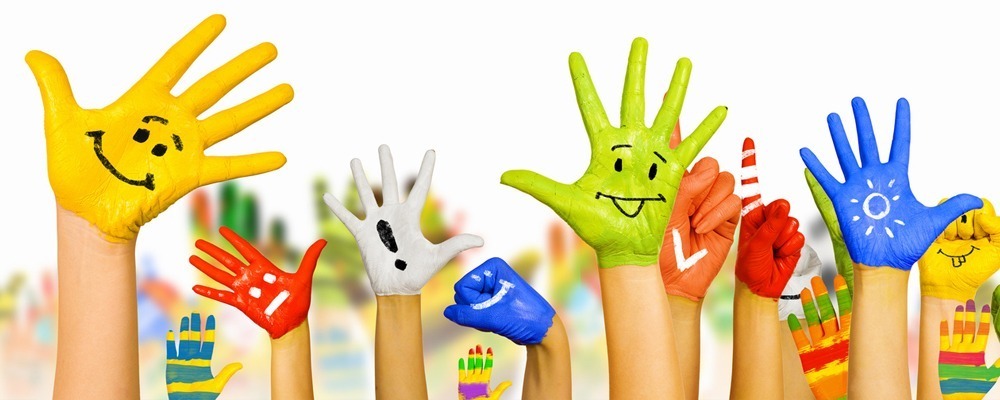Posts Tagged ‘Mindfulness-Training’
Harnessing mindfulness and virtual reality simulations to maximize sports performance
Athletes at the very highest level of their sport face the challenge of performing consistently under pressure amid many potential distractions, including performance anxiety, crowd behaviour, their own and others’ expectations, and the responses of their opponents. The performance of players in the 2023 Australian Open, for example, demonstrated the psychological factors needed to succeed…
Read MoreThree evidence-based ways to develop a resilient mind
___ Life throws chaos at us on a regular basis—whether it’s our finances, our relationships, or our health. In the work world, around 50 percent of people are burned out in industries like health care, banking, and nonprofits, and employers spend $300 billion per year on workplace-related stress. In response, we just keep on pushing…
Read MoreUpdate: A brain-friendly lifestyle is the best approach to delay cognitive decline and dementia
_____ Time to wrap-up another stimulating month with SharpBrains’ e‑newsletter, featuring this time a range of promising news for everyone with a (human) brain :-) New tech for brain health: Neuroengineering meets neuroethics to address treatment-resistant depression Study: Hearing aids may help older adults delay dementia, depression, anxiety, and falls Four guidelines for smart use of smartphones…
Read MoreStudy finds a key ingredient in mindfulness training: Acceptance (not acquiescence)
Life can be stressful. Whether it’s the stress that comes with having too much work to do in too little time, fulfilling caregiving obligations, or dealing with a major illness or setback, sometimes it can be hard to cope. In response to stress, many people today are turning to meditation or mindfulness apps (myself included). But…
Read MoreGrowing research aims at helping cancer patients in distress access most-likely-to-help self-care options, from Mindfulness training to Web-based cognitive behavioral therapy (CBT)
___ Mindfulness in cancer treatment: time to stop and think (The Conversation): “Breathe deeply and focus on the moment: mindfulness now appears everywhere as a technique to improve well-being, including in health care. Mindfulness training is often suggested for cancer patients to reduce high levels of anxiety and distress associated with diagnosis, treatment and anticipation…
Read More5 Must-Read Articles, and an Online Course, to Help Children with ADHD
—– Given the ongoing changes and controversies surrounding ADHD diagnosis and treatment, let us highlight 5 key articles written by Duke University’s Dr. David Rabiner to summarize recent scientific findings and their implications, plus a very relevant online course to help parents and professionals help children with ADHD. 1. Study finds large gaps between research and practice…
Read More





